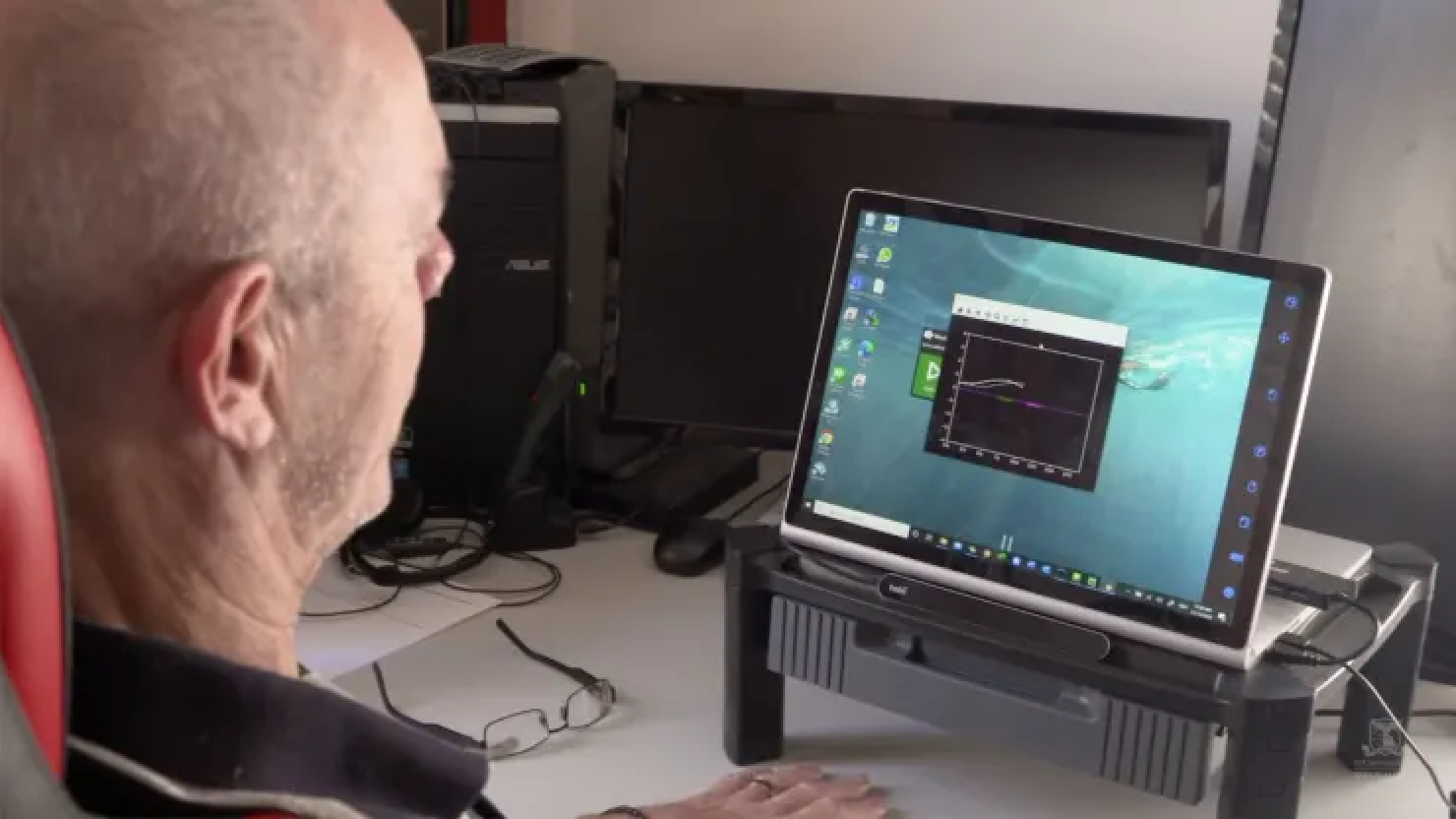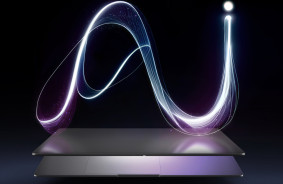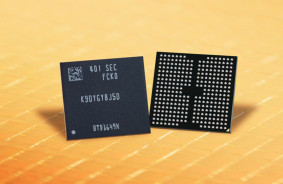A startup has developed a safe interface for "mind control" communication, which is embedded in the brain through blood vessels.
According to Reuters, Synchron is preparing for a large-scale clinical trial and is launching an online registry for potential patients today, as well as more than a hundred clinical trial centers that have expressed willingness to join the research.
The New York-based company has progressed further than its main competitor, Neuralink. Both share a common goal - to help paralyzed patients restore communication ability through a brain-computer interface (BCI) that sends signals from the brain to the computer, which then transforms them into corresponding cursor movements or words.
While industry competitors implant devices through open brain surgery, Synchron relies on a less invasive approach based on endovascular methods (introducing implants through blood vessels).
Synchron received US approval for preliminary testing in July 2021 and implanted its device in six patients. Preliminary testing on four patients in Australia did not reveal serious side effects. Data from American patients will be needed for further large-scale research - the company is currently awaiting approval from the Food and Drug Administration (FDA).
According to O'Keefe, Synchron aims to reach patients paralyzed as a result of amyotrophic lateral sclerosis, stroke, and multiple sclerosis. Testing the device on a stroke patient can be particularly challenging, as the person's brain may be so severely damaged that there may be insufficient neural signals for recording.
The FDA has asked Synchron to test stroke patients using a non-invasive test to determine if they will respond to the implant, O'Keefe said.
In 2020, Synchron reported that patients could use its first-generation device to input an average of 16 characters per minute. These results are better than those shown by non-invasive devices (up to 8 characters per minute).
In May, Synchron announced that it had acquired a stake in the medical component company Acquandas to ensure manufacturing capabilities. Among Synchron's investors are billionaires Jeff Bezos and Bill Gates.
Musk, as reported by Reuters, also approached the startup for investment. His Neuralink recently implanted its device in the first patient, subsequently demonstrating how he plays chess on a computer using mind control. At the same time, no company has yet received final US approval for the sale of a brain implant.














Comments (0)
There are no comments for now